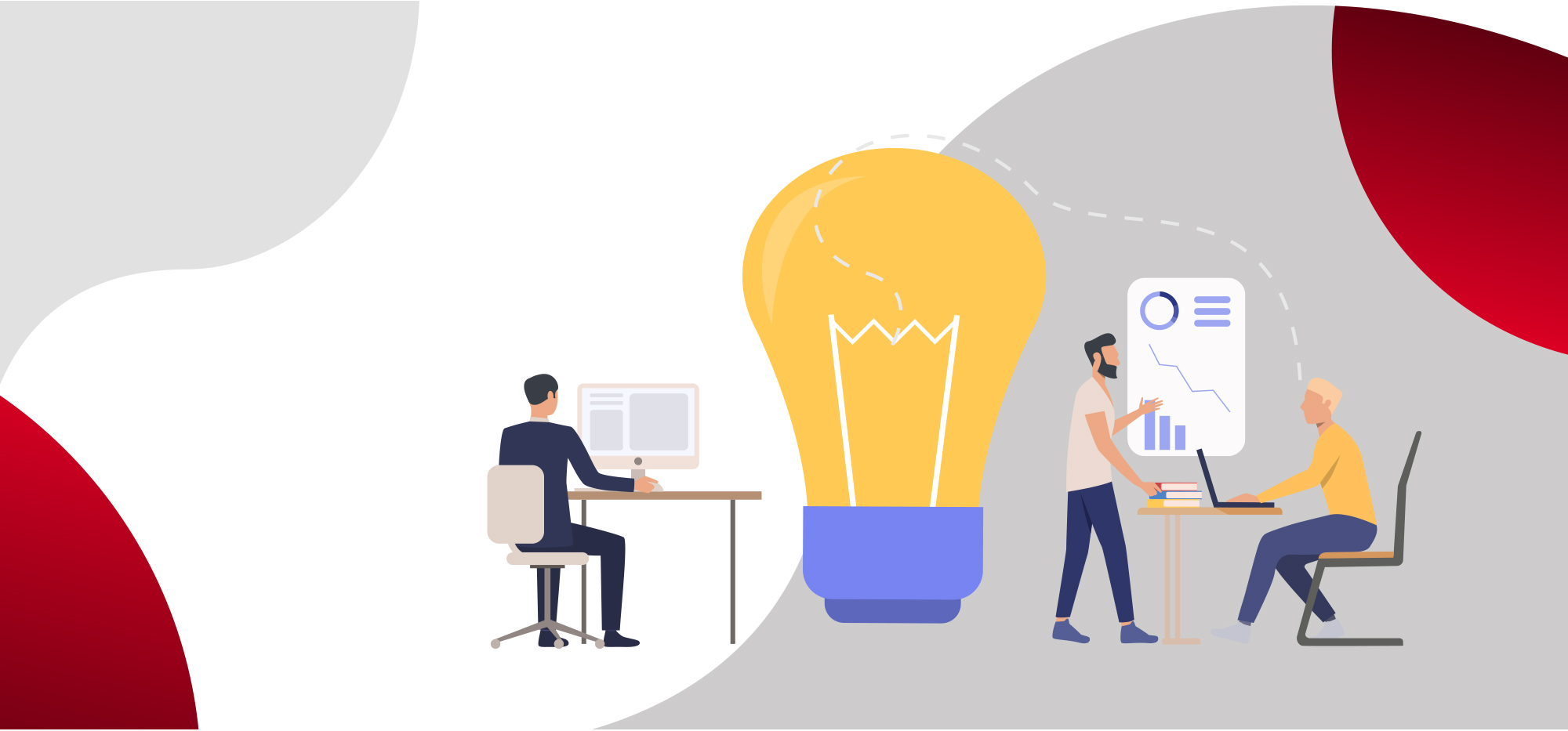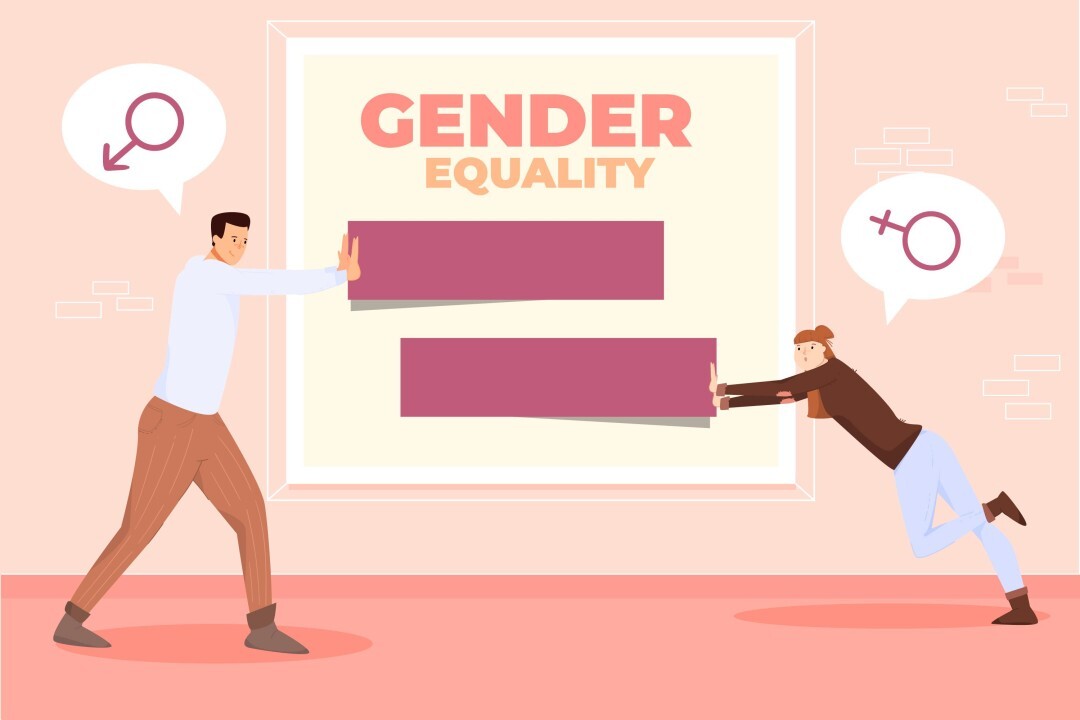Author: Rey Sihotang, Head of CEO Office and VP Corporate Secretary of Digiserve
The Report from The Global Gender Gap Index 2020 ranks Indonesia at 85 out of 153 countries, with a score of 0.70. This figure unfortunately has not changed since 2018. This ranking is far behind our neighboring countries such as the Philippines at number 16, Laos at number 43, Singapore at number 54 and Thailand at number 75. As a note, the Philippines is consistently able to reduce gender inequality by optimizing economic and political leadership for men and women.
On the other hand, Indonesia ranks above Vietnam, which sits at number 87, Brunei Darussalam at number 95, Malaysia at number 104, Myanmar at ranking 114, and Timor Leste ranked 117. For gender inequality index, Indonesia’s score still ranks above South Korea, which sits at number 108 and Japan at number 121. An interesting note regarding Japan; this country still has a lot of work to do to open the door for female political representatives.
Globally, gender inequality remains a major issue. The aforementioned biannual report states that gender equality may only be achieved 99.5 years into the future. At the moment, only 68.6 percent of the inequality gap has been achieved; in other words, the remaining 31.4 percent still requires a future global effort. In the 14th year of this index calculation, the portrait of gender inequality can be viewed from four main dimensions: economic opportunity and participation, educational level, health and life expectancy, and political empowerment.
The ranking above basically shows that Indonesia still has significant homework to overcome gender inequality. The score of 0.70 indicates that an additional 0.30, or 30 percent still needs work related to the four dimensions above. Of course, efforts to overcome gender inequality in Indonesia need to be undertaken by various parties.
This is not simple. It cannot be denied that the struggle to achieve gender equality in Indonesia will be a long-term struggle. A study shows that women are obstructed by a variety of factors from family to cultural norms.
However, a study shows that if men and women were given the same economic opportunities, then the economy would benefit from higher productivity and improved quality, and could even achieve Rp. 28 trillion, or 26 percent of global GDP.
Recently, I had an opportunity to be a Panelist in the Event discussion entitled Investor Relations: The Real Value of Gender Equality” hosted by IBCWE (Indonesian Business Coalition for Women’s Empowerment) and ILO (International Labor Organization). On this occasion, I explained Digiserve’s role in supporting gender equality, especially after the recent transformation in the Company.
Digiserve has observed that the Government is increasingly showing support to achieve gender equality in various fields. In several industries, the Government is increasingly pushing for men and women to be considered equal. Companies including Digiserve appreciate Government programs that are beginning to support the importance of gender equality within an organization.
As a company operating within the industry of Science, Technology, Engineering and Mathematics (STEM), which remains male-dominated, Digiserve is constrained by the talent pool. It is no secret that people are the key resource most required by a company. Loss of potential talent in strategic positions and divisions is a real catastrophe for companies, even more so when linked to gender issues.
It is currently estimated that only 20% of the world’s women work in STEM industries. This means that only 1 in 5 professional women works in STEM industries. Not only this, but globally only 3 of every 10 researchers in the industry of science, technology and innovation are women. Specifically in Indonesia, women’s involvement working in STEM industries remains low. In 2017, the National Office of Statistics (BPS) released information that only 37.4% of women were employed in the formal sector. A mere 30% of these women worked in STEM industries.
Despite moving slowly due to having just changed the brand to Digiserve, support for female representation in the company continues. One aspect of this is the Pledge for Parity program, released in 2016. This program aims to support gender equality in the workplace.
This program is ongoing in parallel with an awareness process, predominantly aimed at shareholders, that gender equality and gender diversity are extremely important, and correlated to company performance. This step is necessary to obtain support and commitment from top management. This decisive step is essential to bring genuine change and real results to the company.
In addition to the limited talent pool in the STEM field, another obstacle Digiserve face is the limited position of women at the executive level. However, over the last few years, progress can be seen.
Overall, from the program mentioned, at the end of 2020 female employees at Digiserve had increased to 35%. Of these, 16 percent of women held positions in leadership and technology. However, there is still a long way to go to achieve the target of around 30 to 35 percent of women holding leadership and technology positions.
Although the trend is increasing, a major challenge remains to increase female talent in several specific areas, particularly in the field of product and information technology, as well as at the leadership level. In the technical or technological field, the percentage of female employees has just reached 25% from a target of 30%. Meanwhile, at the leadership / management level, female representation is only 23% from the previously stated target of 30%.
Digiserve has observed the trend for gender equality start to increase over the last few years. This can be seen from the increased number of companies aware of the importance of gender diversity and inclusion in their companies.
Gender diversity can be a signal for investors that a company is running well. Investors also respect companies using accepted ‘best practices’, such as gender diversity and ensuring female candidates in company recruitment. Undertaking this shows that all people are viewed as being of equal quality.
Potential investors are starting to ask about a company’s programs linked to the Sustainable Development Goals (SDGs). As we know, female empowerment is a focus of the SDGs, and is certainly a strong element to entice investors.
Female empowerment can even be a value to increase a company’s corporate branding. Public stakeholders and talent increasingly appreciate companies that have equality programs.
Because of this phenomenon, although there is no obligation to do so, every activity connected to gender equality will be included in Digiserve’s quarterly and annual reports. These reports, containing targets and achievements, are aimed at the Board of Directors and Board of Commissioners, and form a management commitment to gender issues, as well as management appreciation for gender equality, which has been implemented through various programs. “There is value for gender diversity. Important for all stakeholders including investment”.


